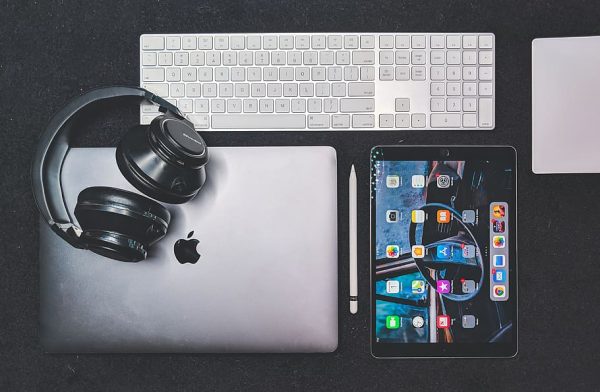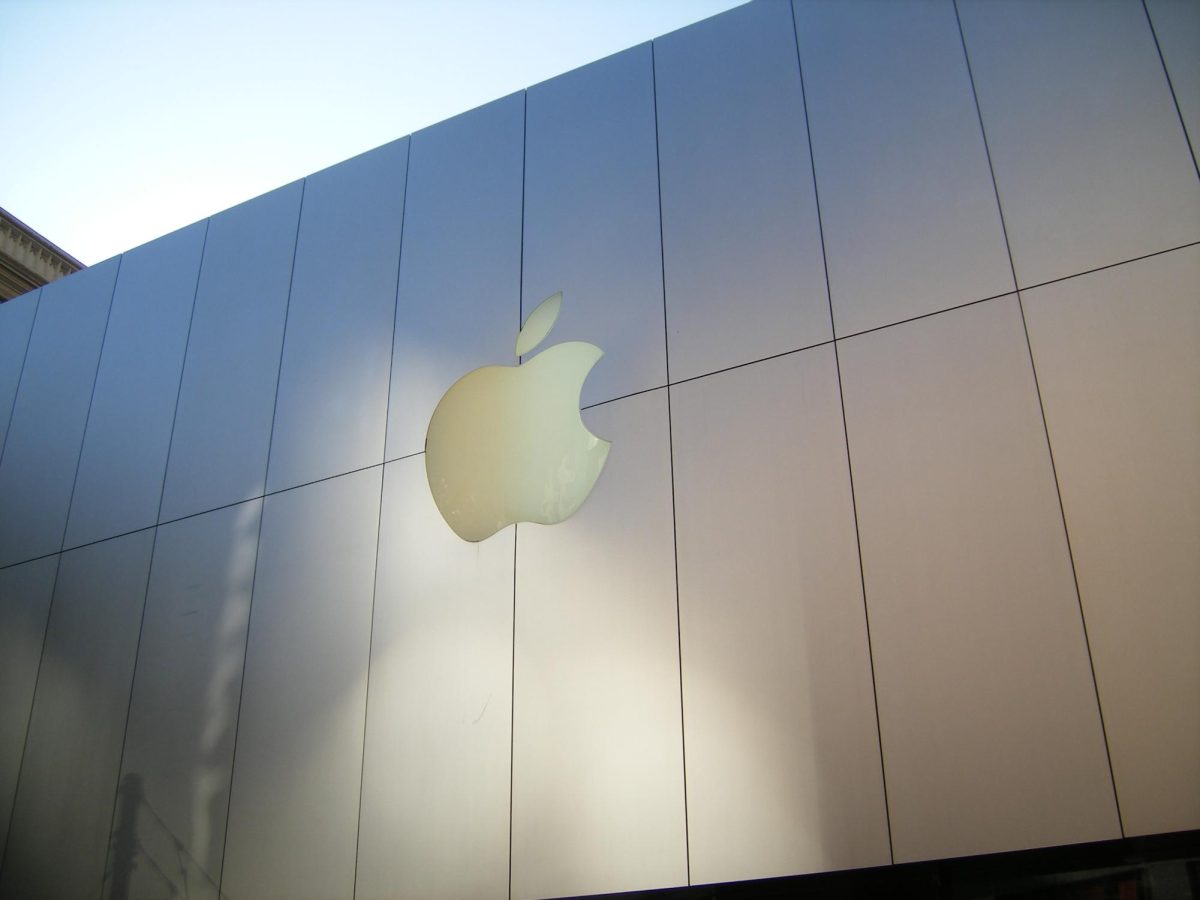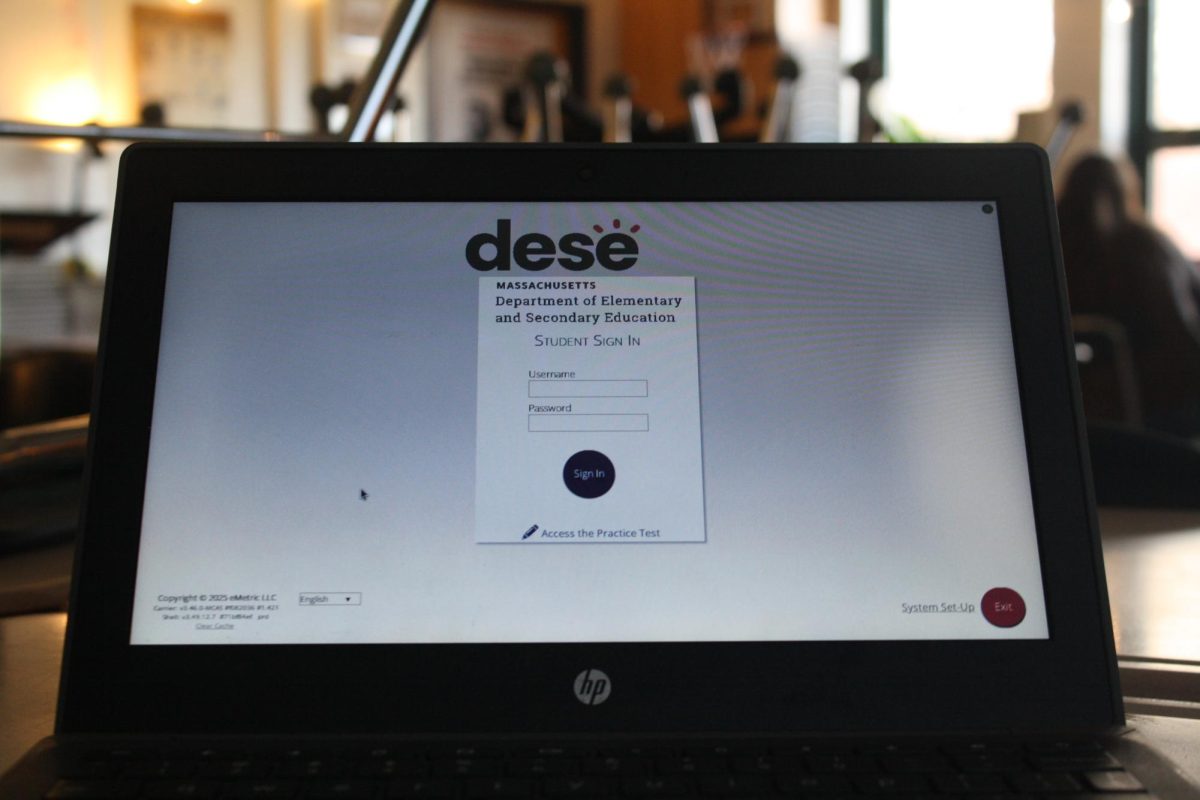Last Thursday morning, the U.S. Department of Justice announced a lawsuit against Apple, regarding their business practices that “harms competition by imposing contractual restrictions, fees, and taxes on app creation and distribution.” This comes just weeks after the European Union forced Apple to allow sideloading apps from other app stores, such as the Google Play or Epic Games store.

The DoJ argues that “Apple uses these restrictions to extract monopoly rents from third parties in various ways, including app fees and revenue-share requirements.” Since its creation, any apps on the Apple App Store have been required to share 30% of the income from funds such as in-app purchases and subscriptions.
Apple also allegedly limits competitors’ hardware, such as smart watches, to promote the Apple Watch’s stronger connectivity and interactivity with the iPhone. Other companies are unable to perform the same tasks the Apple Watch does, but only because Apple doesn’t allow them to.
“This lawsuit threatens who we are and the principles that set Apple products apart in fiercely competitive markets,” a statement from Apple said. “We believe this lawsuit is wrong on the facts and the law, and we will vigorously defend against it.”
A major flaw in the case can be seen just by looking at the number of iPhone users in the U.S. As of 2022, just under 332 million people live in the United States, and only 136 million people are iPhone users. That’s just over 40%, less than half of the nation.

The U.S. is focusing more on the software of the device, and how it drives users to their own products. For example, the green bubble in Messages isn’t just a change in color, but a messaging service. It slows down delivery time and sends files in a much lower quality.
The two main arguments from the Department of Justice can apply to many other companies, though. Apple isn’t the only company limiting users’ actions based on hardware or software.
Take PlayStation, a Sony company, and XBox, a Microsoft company. Items such as controllers are not meant to work with the competitors operating systems. They are intentionally designed to only work with their system, and the system doesn’t recognize other devices. You can purchase separate parts from third-party companies that allow you to connect, but this is not the intent at all.
Along with this, they do the same thing with their app stores. PlayStation only allows apps downloaded from their store, or using disks made for PlayStation, and the same thing with XBox. At what point is this a violation of antitrust laws?
This case isn’t expected to take a short amount of time. The argument between the Department of Justice and Apple could take years, but Apple is expected to come out on top.





